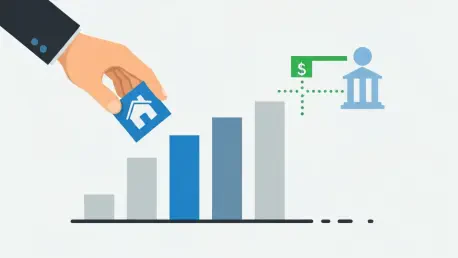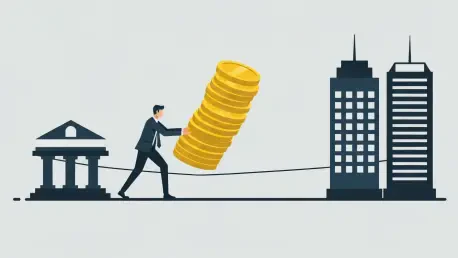
In the hyper-competitive e-commerce landscape, where market trends shift overnight and supply chains face constant pressure, access to intelligent and responsive working capital often determines a retailer's ability to scale effectively. London-based fintech startup CapRelease has positioned itself

Priya Jaiswal is a recognized authority in Banking, Business, and Finance, with extensive expertise in market analysis and international business trends. Today, we delve into the strategy behind Esusu's recent $50 million funding round. The conversation explores the fintech's evolving partnership

With extensive expertise in market analysis and international business trends, Priya Jaiswal is a recognized authority in the banking and finance sectors. Today, she joins us to dissect the recent acquisition of the B2B financing platform Playter by Shawbrook, a UK challenger bank. We'll explore

From a niche alternative to a $3 trillion cornerstone of modern finance, the private credit market's explosive growth is undeniable. However, beneath its shiny surface of high yields and flexible financing, signs of significant fragility are emerging, posing potential risks to the broader financial

The financial technology landscape is undergoing a profound transformation, shaped not by speculative venture capital but by highly strategic and targeted capital infusions that signal a new era of maturity for the industry. A recent wave of funding across the United Kingdom and Europe illuminates

What does it take to move more than half a million active credit relationships without so much as a flicker on a customer’s phone, a checkout terminal, or an issuer’s risk dashboard during the cutover itself? The answer emerged when Avida completed a rapid migration to Enfuce, shifting 556,039